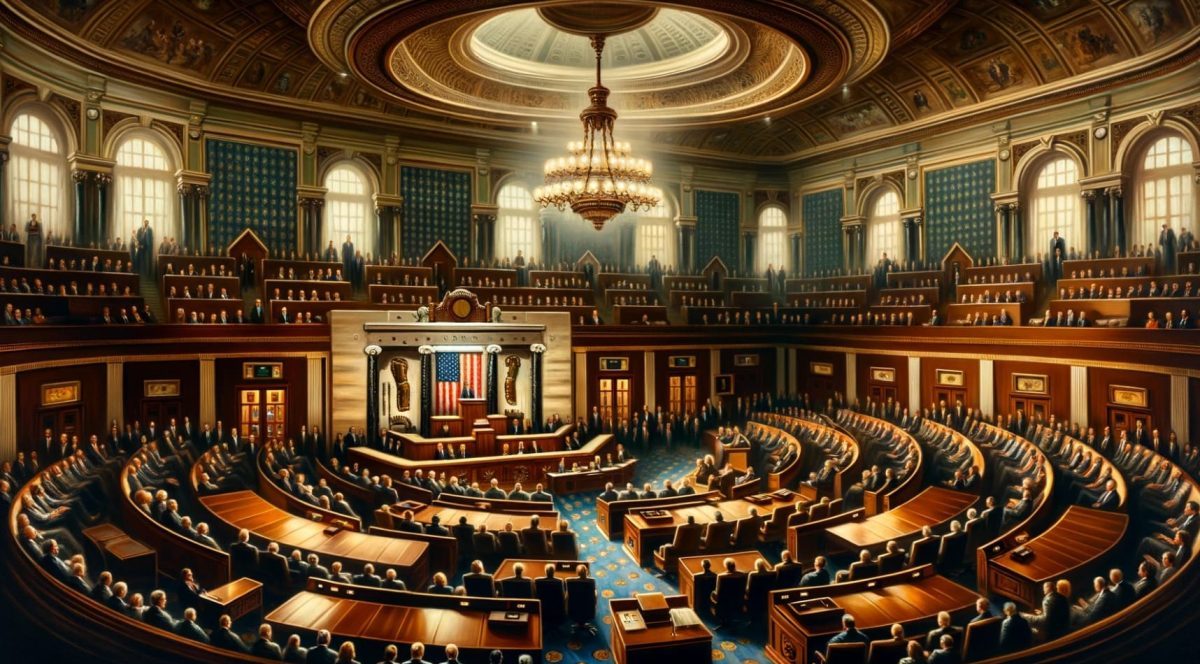
Lawmakers worked together to keep the government running, showing a rare moment of compromise despite major disagreements.
Congress made a key decision late Friday night to avoid a government shutdown by passing a bipartisan agreement. The deal, completed just hours before the deadline, ensures federal services will continue. However, it left out former President Donald Trump’s request to suspend the debt ceiling.
What Was Decided?
The bill, which passed the House with a 366-34 vote and the Senate with an 85-11 vote, will fund the government through March 14, 2025. Important parts of the bill include:
- $100 billion for disaster relief.
- $10 billion for agricultural aid.
- Continued support for defense programs and social services.
This agreement required lawmakers to put aside their differences and focus on what was best for the country. House Speaker Mike Johnson played a big role in making this happen, finding a balance between Republican goals and bipartisan needs.
Debt Ceiling Left Out
Although the bill prevents a shutdown, it does not address the debt ceiling. Former President Trump had pushed for a suspension of the debt ceiling, saying it was needed to allow broader financial reforms. However, resistance from fiscal hawks in his own party led Congress to decide to deal with this issue separately in 2025 to avoid making the current deal more complicated.
What Does This Mean Politically?
The deal highlights some important political shifts:
- Republican Leadership Adjustments: Speaker Johnson’s ability to work around Trump’s demands and still secure bipartisan support shows a practical approach to leadership.
- Trump’s Influence Waning: By not including Trump’s request in the deal, Congress signaled that his ideas might not hold as much weight within his party as before.
What’s Next?
This bill provides temporary relief but leaves bigger financial challenges for the future:
- Government Stays Open: Federal employees can count on their paychecks through the holidays, and public services will remain available.
- Debt Ceiling Debate Looms: In 2025, Congress will face tough conversations about government spending, debt, and balancing the budget.
Final Thoughts
This agreement to avoid a government shutdown shows that lawmakers can work together even when they strongly disagree. But by delaying the debt ceiling debate, Congress is setting up another big challenge for the future. How they handle it will shape the country’s financial future and test their ability to balance practical solutions with political beliefs.
